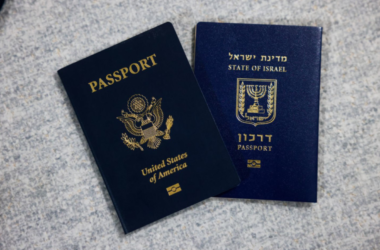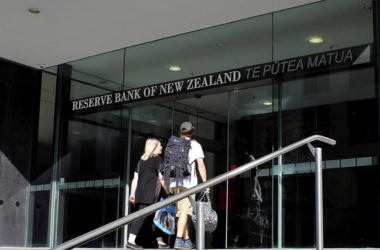France has adopted controversial reforms to New Caledonia’s voting rules, triggering the worst unrest in the Pacific territory in more than three decades.
The New Caledonian administration reported that over 130 individuals have been arrested following riots that erupted on Monday night, resulting in cars and buildings being set ablaze and shops looted. The High Commission of the Republic in New Caledonia described the situation as “serious disturbances” and announced that a night-time curfew and a ban on public gatherings would remain in place. An attempted prison breakout was also thwarted.
Tensions have been escalating over plans from Paris to amend the constitution to permit more people to vote in New Caledonia’s provincial elections. Critics argue that the reform would marginalize the Indigenous Kanak people, who constitute about 40 percent of the population, by enfranchising more recent European arrivals. France, however, maintains that the changes are necessary to uphold democratic principles on the island.
The National Assembly in Paris passed the measure after a prolonged debate, with a vote of 351 to 153. Following the decision, French President Emmanuel Macron urged New Caledonian representatives to “unambiguously condemn all this violence” and “call for calm,” as reported by the AFP news agency.
New Caledonia, home to nearly 300,000 people, is located between Australia and Fiji and is one of France’s most significant overseas territories. Situated some 17,000km (10,563 miles) from Paris, the territory plays a crucial role in France’s Pacific influence, though the Kanak people have long resented rule from Paris.
Denise Fisher, a former Australian consul general in New Caledonia, expressed her lack of surprise at the recent violence, stating it indicates “a real and fundamental breakdown in the way the territory is being managed.”
The controversial voting rules are part of the Noumea Accord of 1998. This agreement stipulated that France would gradually cede more political power to New Caledonia and limit voting in provincial and assembly elections to those who were residents at the time or born on the island. Since 1998, around 40,000 French citizens have moved to New Caledonia, and the new reforms expand the electoral roll to include those who have lived in the territory for at least 10 years.
The Noumea Accord also provided for three independence referendums, the last of which occurred in December 2021 during the height of the COVID-19 pandemic. Pro-independence groups boycotted the vote, which resulted in a decision to remain part of France, a result they have since rejected, calling for a new referendum.
Socioeconomic marginalization, land dispossession, and disenfranchisement of the Kanaks have long been sources of violent civil unrest in New Caledonia. In a 1987 referendum, the inclusion of recent residents in the voting process led to a boycott by independence supporters. The overwhelming vote to remain part of France triggered violent protests, eventually leading to the 1988 Matignon Accord, which sought to address inequalities, and the Noumea Accord with its vision of “shared sovereignty.”
“The concerns are deep-seated,” Fisher commented, highlighting the persistent underlying issues driving the current unrest.








